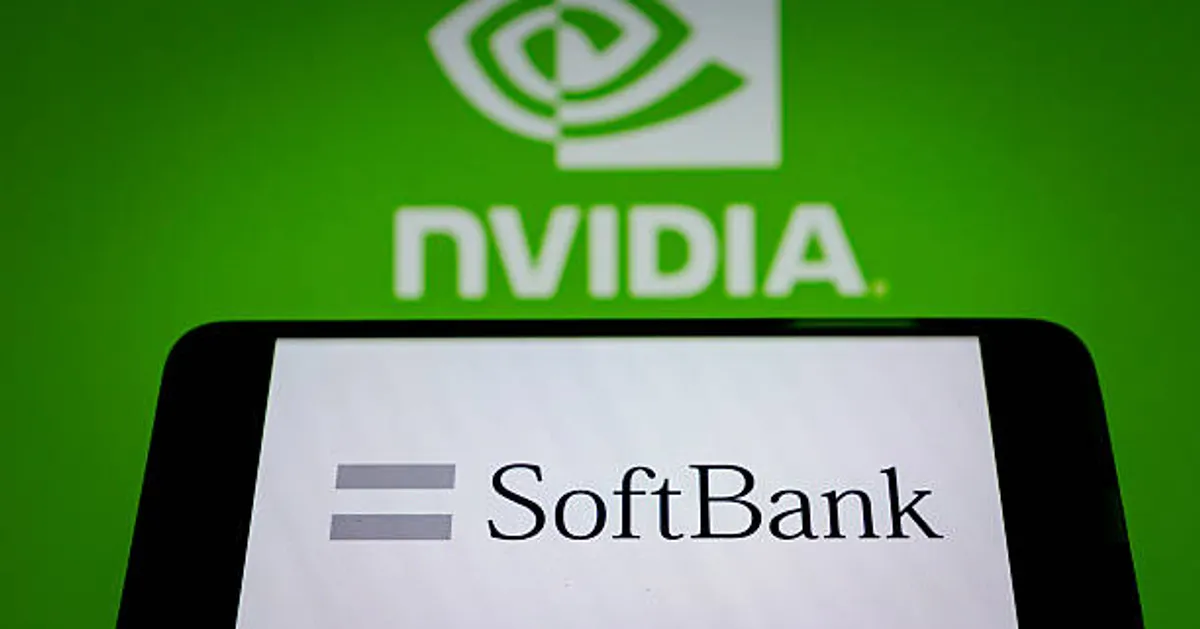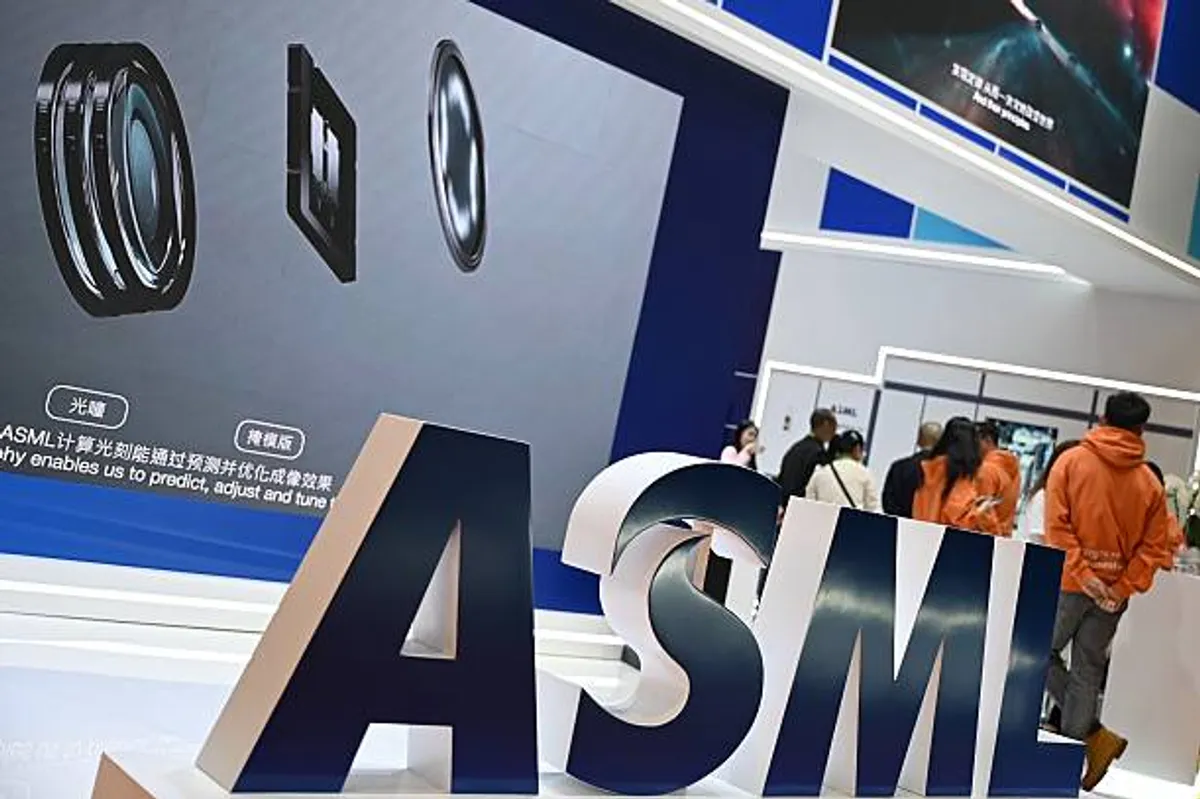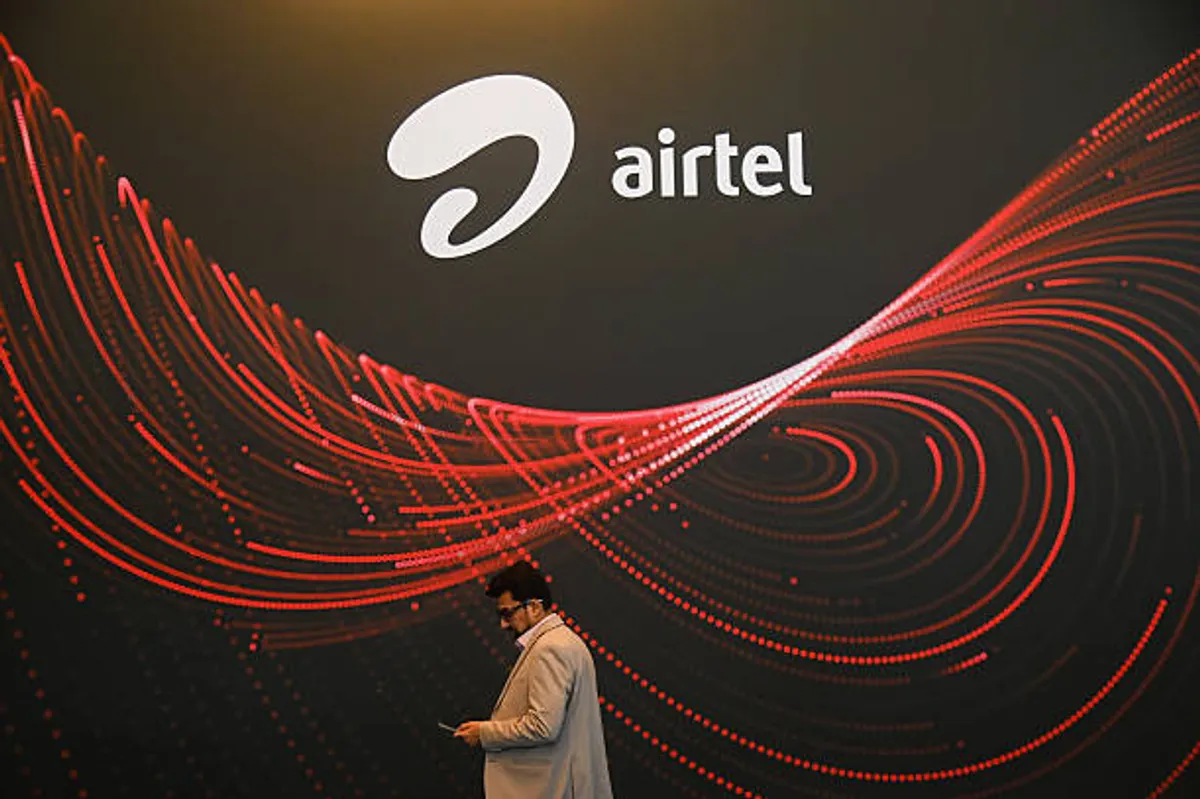SoftBank Sells US$5.8 Billion Nvidia Stake as AI Investment Ramp-Up Hits Liquidation Needs

GeokHub

SoftBank Group’s shares tumbled by as much as 10 percent following its sale of a US$5.8 billion stake in Nvidia Corporation, a move that startled investors and highlighted the immense funding demands the Japanese conglomerate is facing as it doubles down on its artificial-intelligence ambitions. The divestment came at a time when SoftBank is set to invest approximately US$22.5 billion in OpenAI, acquire chip-maker Ampere Computing for US$6.5 billion and purchase the robotics unit of Swiss industrial firm ABB Ltd for US$5.4 billion. Analysts estimate that SoftBank has committed at least US$41 billion in recent spending, while its cash holdings stood at around ¥4.2 trillion (about US$27.9 billion) at the end of September—underscoring the tight liquidity squeeze it now confronts.
Market watchers interpreted the Nvidia stake sale not simply as a repositioning but as a sign that SoftBank needs to marshal funds quickly to support its large-scale investments in AI infrastructure and physical-AI assets. The sale triggered concern that SoftBank might be acting pre-emptively, leading some to question whether the valuations in the AI sector are becoming stretched. Although the company remains bullish on AI and its ability to generate meaningful revenue — a contrast to earlier tech bubbles — the scale of capital deployment implied a wager with little margin for error.
For investors and industry observers the implications are significant: SoftBank’s move signals that rapid growth in the AI sector can carry heavy capital burdens, especially for companies leading the charge. It also raises questions for emerging markets, including Nigeria and Africa, about how the global AI investment wave will ripple outwards: the high cost of infrastructure, talent and deployment suggests that local players may face structural hurdles unless they partner strategically.
Analysis / Impact:
SoftBank’s stake sale crystallises a key tension in the era of AI investment: the winners may be chasing not just long-term growth but very short-term liquidity needs. By converting a highly liquid position in Nvidia into cash, SoftBank has freed up capital to back OpenAI, robotics, and computing assets, yet also exposed itself to scrutiny about timing and valuation. In effect, the sale may reflect confidence in the next phase of AI — but it equally reflects the burden of funding that phase.
For the broader tech and investment community the episode offers a cautionary tale. Ambitious AI bets demand capital, and even well-capitalised firms can face pressure when scaling aggressively. For Africa, where AI infrastructure remains nascent, the lesson is clear: growth will depend not only on innovation but also on pragmatic access to resources and execution discipline. SoftBank’s experience reinforces that becoming part of the AI value chain requires more than vision—it requires balance.








